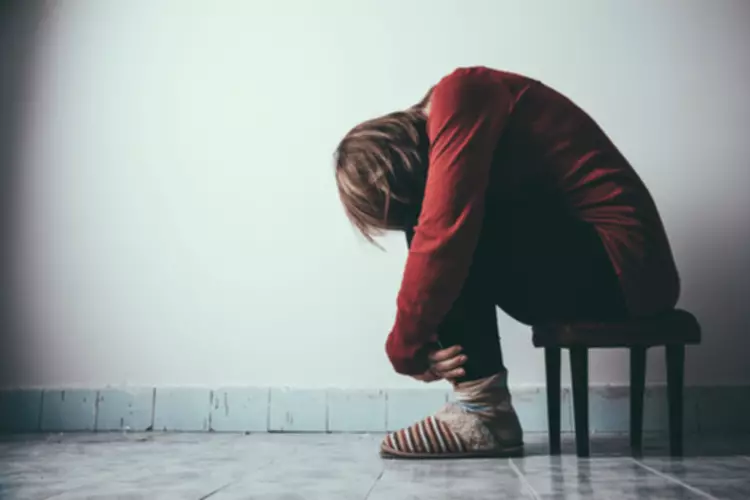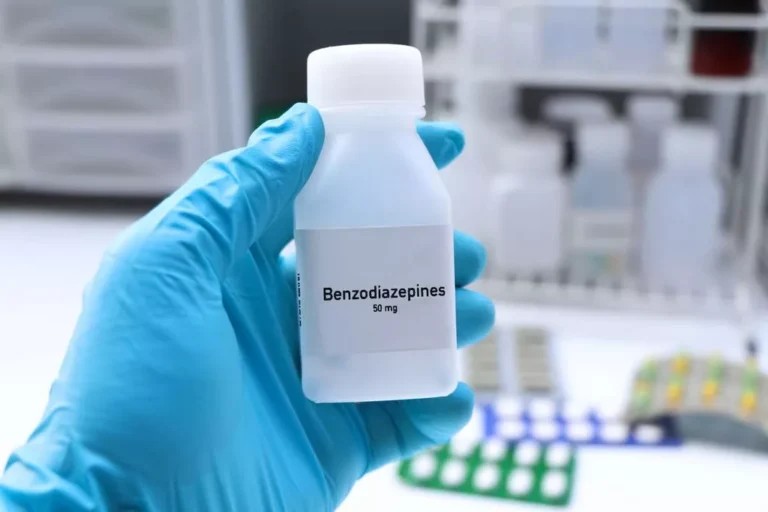Eyes and Alcohol: The Effects of Drinking
20.09.2023
Even after you stop drinking, you may still be under the effects of dehydration, and DED changes from regular alcohol use don’t typically go away the moment you stop drinking. According to the meta-analysis authors, alcohol and dry eye are connected in multiple ways. Someone who drinks a blurry vision after drinking alcohol lot on a regular basis might be looking at more serious eye changes, some of which are clear signs that the body is struggling to process the amount of alcohol it’s tasked with. When we drink, alcohol affects many systems of the body, some of which change the way our eyes look and feel.
Understanding Alcohol Eyes: Symptoms and Causes
- ” As humans, we start “speaking” with our eyes long before we even know what words are.
- Alcohol and eyesight are connected, and even light alcohol consumption can impair the eyes and affect vision.
- Eye muscles need to coordinate accurately to focus on objects at different distances, and pupils need to adjust size rapidly in response to changes in light levels.
- When alcohol is consumed, the brain’s ability to interpret these signals effectively is compromised, particularly in the peripheral areas of our visual field.
- This condition inflames the optic nerve, leading to loss of central vision and blurry vision.
- In extreme cases, prolonged alcohol abuse and subsequent withdrawal can lead to severe conditions such as optic neuropathy and optic atrophy.
Cataracts also can be caused by other eye conditions, past eye surgery or medical conditions such as diabetes. Long-term use of steroid medicines also may cause cataracts to develop. If you not only drink, but also smoke excessively, you may also suffer from a painless but permanent loss of vision known as optic neuropathy.
Finding Treatment for Alcohol Addiction
- Drinking large amounts of alcohol may temporarily but significantly increase the size of your pupils, though effects can vary from person to person.
- Alcohol causes the blood vessels in your eyes to dilate, making them look red and sometimes feel uncomfortably itchy.
- Your vision relies on a few different functions that your brain and eyes carry out, and alcohol impairs more than one of these functions.
- It can have both short- and long-term visual effects, including blurry vision, double vision and dry eye.
- For example, it may only take two drinks in an hour for a 100-pound woman to experience blurred vision or up to five drinks in an hour for a 240-pound man.
A driver that has been drinking alcohol cannot adapt as quickly to oncoming headlights. This expansion, especially in the conjunctiva (the clear tissue over the white part of the eyes), makes blood vessels more visible, causing red or bloodshot eyes. Eyelid twitching is another indicator of (excessive) alcohol consumption. If you find your eyelids twitch on a regular basis, it may be because of stress, lack of sleep, too much caffeine or a vitamin deficiency. One of the key challenges in the recovery from alcohol addiction is managing cravings.
How alcohol can affect your eyesight
Long-term abuse of alcohol can also lead to toxic amblyopia or vision loss. Both short-term and long-term use of alcohol affects the optic nerve and the relationship between the brain and the eye. Swelling of the blood vessels in the eye or the look of red bloodshot eyes is a common feature of those who have been lifetime drinkers. Another problem that excessive drinking leads to is migraine headaches, as the eye becomes sensitive to light; the result is pain.
Your muscles might not move as effectively while you are under the influence of alcohol. When this happens, you may have blurred vision or double vision https://ecosoberhouse.com/ due to weakened eye-muscle coordination. Aside from the side effects listed above, there are many other ways that excessive alcohol affects the eyes.

Since our eyes and brain work together to produce the images we see, alcohol can affect vision. Long-term, alcohol can interfere with the absorption of the nutrients we need for good eye health, such as vitamin A. Excessive alcohol consumption, including binge drinking, can have more serious consequences over time, with long-term effects on your eyes. Some eye conditions can develop earlier in people who drink alcohol to excess. With this condition, the optic nerve is damaged, resulting in progressive vision loss.

American Addiction Centers (AAC) is committed to delivering original, truthful, accurate, unbiased, and medically current information. We strive to create content that is clear, concise, and easy to understand. Your overall responses can slow down while you are under the influence of alcohol. This means that it can take a little longer than usual for your brain to recognize what you are seeing, and it can take longer than usual for you to decide what to do about it.
Long-Term Effects
The potential long-term issues relate to changes to the eyes’ structures or the communication between the eyes and brain. These effects may be more permanent and can include reduced vision, migraine headaches, sensitivity to light, and even blindness. Possible short-term problems relating to intoxication include blurry vision, changes in color perception, and light sensitivity. Possible treatments include corrective lenses or glasses to correct blurred or distorted vision and use of eye drops to address bloodshot eyes.

